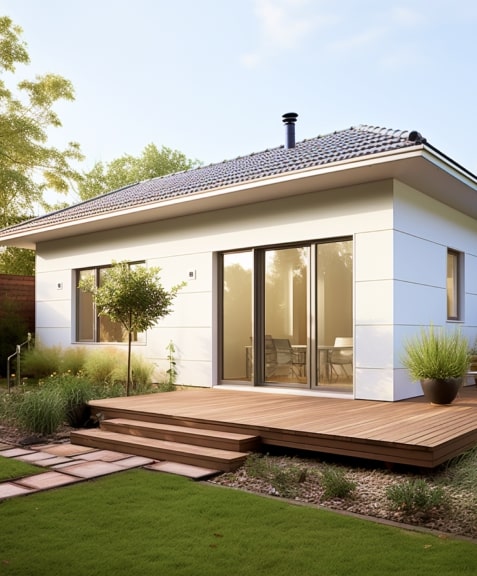
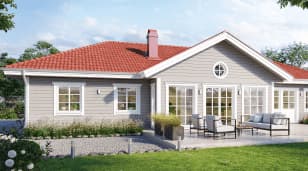


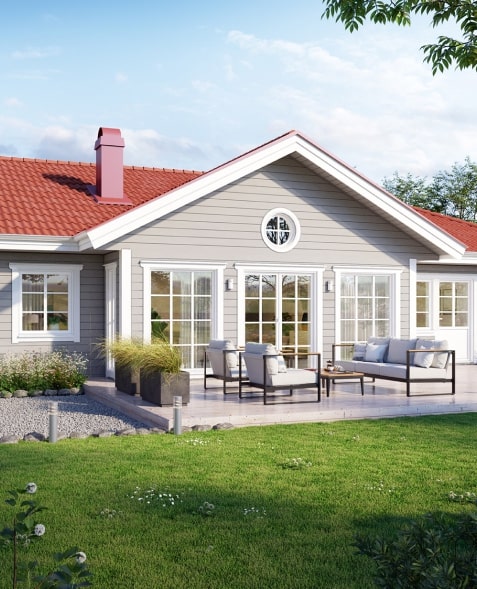
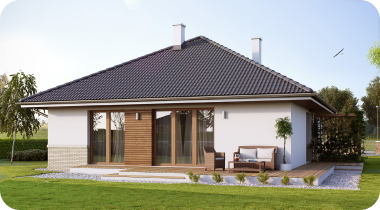
A link to download your FREE brochure will be in your inbox in 3 minutes
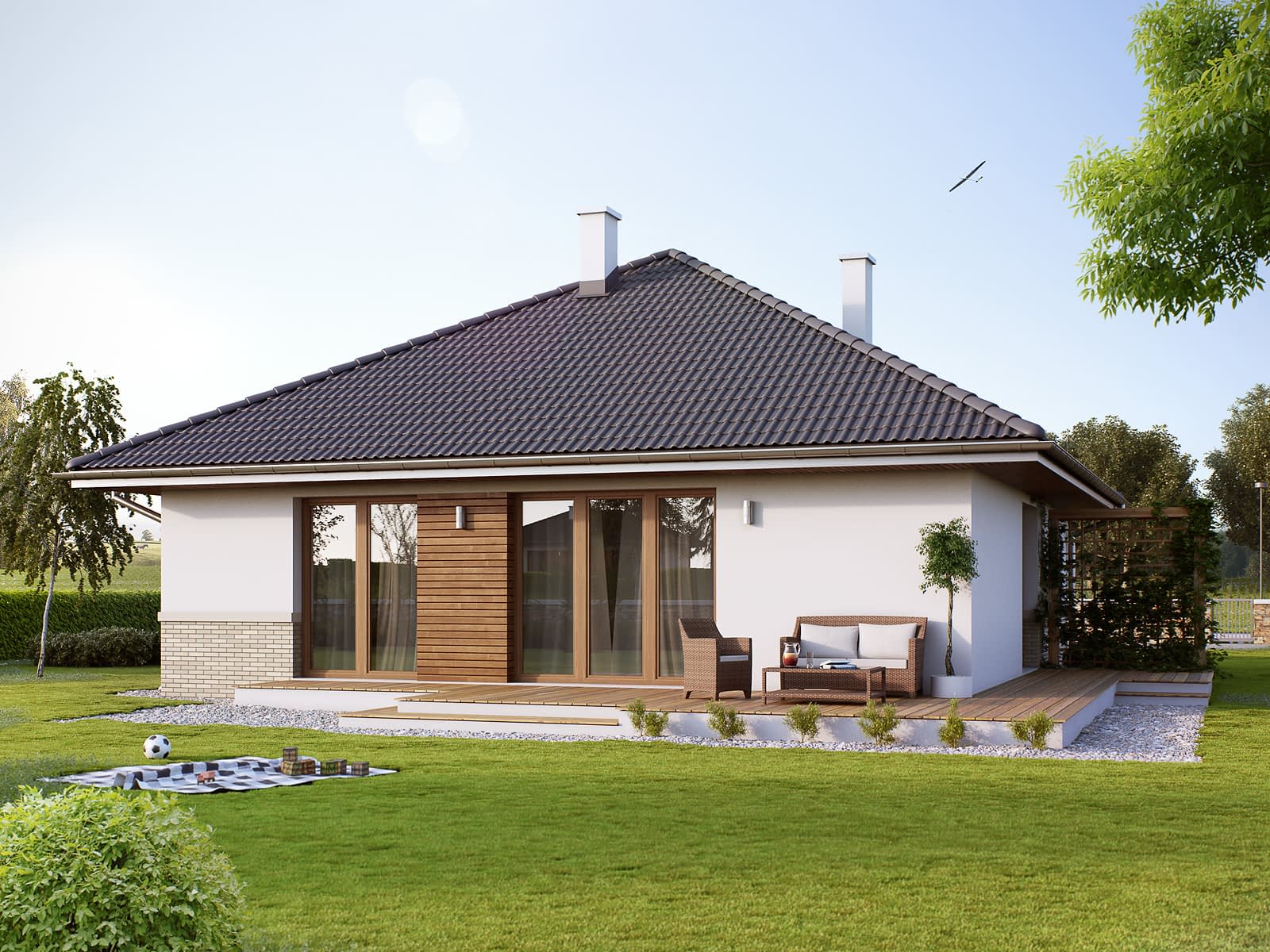






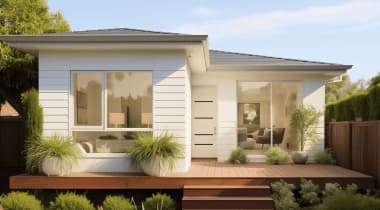











The final price may vary based on project specifics.
To get a free accurate quote tailored to your needs, book a consultation with us today!

The price per square foot provided is an average and may vary depending on project-specific details such as materials, location, complexity, and other factors. Actual costs may differ from the average provided.
It is recommended to obtain a detailed quote based on the specific requirements of your project.

Please note that the monthly payment displayed on this page is an estimate and is subject to variation based on the selected loan product, applicants credit score, loan amount, and other financial details. Actual monthly payment may differ from the estimate provided.
It is recommended to seek advice from a financial advisor or loan officer to obtain precise payment information tailored to individual circumstances.
 Your Trusted
Local Contractor
Your Trusted
Local Contractor
Accessory dwelling units, often referred to as ADUs, are small, self-contained homes located on the same property as an existing primary residence. They are sometimes called in-law units or granny flats and can be attached ADUs, garage conversions, or detached ADUs. All-electric ADUs in Sacramento are designed as complete independent living facilities powered entirely by electricity. Instead of using natural gas for appliances, space heating, or water heaters, these dwelling units rely on efficient electrical systems that align with state and local goals for energy efficiency and sustainable housing. Sacramento residents are increasingly choosing this type of ADU construction as part of the city’s larger housing and community development programs.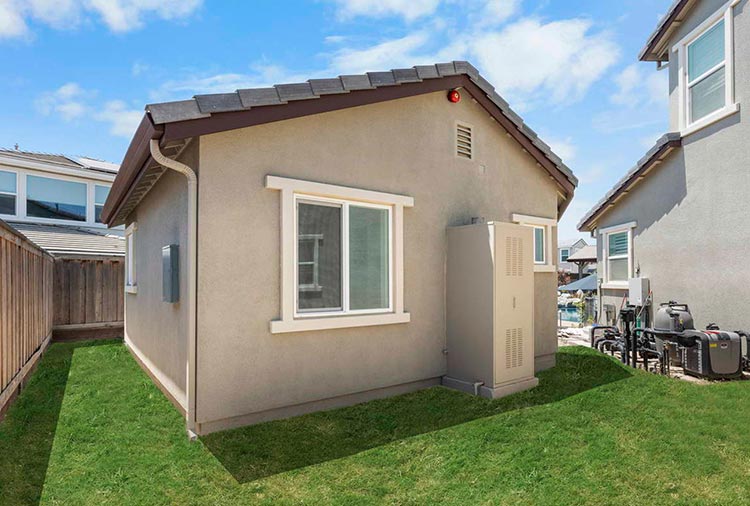
For property owners looking to build ADUs, the push toward all-electric systems is driven by several factors. First, the 2022 residential building code requires new construction to meet modern energy standards, which often favor electric systems for safety, environmental benefits, and efficiency. Second, Sacramento homeowners benefit from incentive programs and funding opportunities that aid in reducing additional cost when building all-electric units. Finally, these accessory dwelling units ADUs offer lower long-term utility costs and support statewide efforts to reduce carbon emissions. All-electric ADUs provide living spaces that are safe, sustainable, and compliant with residential building code requirements.
Choosing an all-electric system for a proposed ADU offers several advantages. Sacramento homeowners enjoy increased energy efficiency, streamlined wiring and system design, and fewer safety concerns compared to gas-powered alternatives. By eliminating natural gas hookups, property owners save on certain permits and materials, reducing construction process complexity. All-electric ADUs also support community development goals by contributing to cleaner air and healthier neighborhoods. The benefits can be summarized as follows:
Sacramento residents have several housing options when deciding to build ADUs powered entirely by electricity. These include garage conversions that transform existing structures into dwelling units, attached ADUs that expand a single family home, and detached ADUs that create separate independent living facilities on the property. In each case, the design must meet residential building code requirements and provide permanent provisions for living, sleeping, cooking, and sanitation for one or more persons. Whether a proposed ADU is a small in-law unit or a larger detached ADU, Sacramento homeowners can take advantage of shelf ready ADU plans and ready plans offered by the city to speed up the process.
The construction process for an all-electric ADU involves multiple steps, and property owners should prepare carefully before submitting applications. The general sequence includes:
Building all-electric ADUs in Sacramento involves several fees and expenses. Permit fees apply to every project and vary depending on ADU size and design. Development impact fees may apply to larger units, particularly detached ADUs over 750 square feet. Other associated costs include inspection fees, system installation costs, and finishing expenses. While all-electric systems may involve an additional cost for wiring and electrical panel upgrades, homeowners often save money in the long run through lower utility bills and available incentives. Sacramento homeowners who choose shelf ready plans or pre approved plans can also reduce architectural design costs and speed up the permit approval process.
Energy efficiency is one of the strongest reasons to choose all-electric ADUs in Sacramento. Modern appliances, high-efficiency water heaters, and advanced space heating systems provide better performance while using less energy. Although construction may involve additional costs for electrical systems, the long-term savings in utility bills make the investment cost effective. In addition, Sacramento homeowners may be eligible for California programs that provide rebates, aid, or incentives for installing energy-efficient equipment. The result is a dwelling unit that is not only sustainable but also budget-friendly over time.
Sacramento residents interested in building all-electric ADUs can choose from various design options. Using shelf ready plans provided by the city makes it easier to comply with residential building code requirements, but property owners can also work with professionals to customize designs. Examples of modifications include adjusting floor plans to maximize living space, upgrading electrical systems for home office use, or designing units with private outdoor areas. Property owners may also want to include efficient systems for lighting, insulation, and wiring to further enhance performance. A free consultation with an experienced builder helps determine which design suits the property and long-term goals.
California and Sacramento offer programs designed to support homeowners who want to build all-electric ADUs. These programs, sometimes funded by the state department or community development initiatives, may reduce impact fees, offer fee waivers, or provide direct financial assistance. Sacramento homeowners should explore applicable programs before beginning an ADU project, as incentives can significantly lower total costs. In many cases, these programs not only aid individual property owners but also support broader housing goals by increasing sustainable housing options throughout the city.
When planning all-electric ADUs in Sacramento, homeowners must keep several key considerations in mind. It is essential to ensure compliance with residential building code requirements, prepare a site plan that accounts for property lines and existing structures, and review local regulations. Property owners should also calculate potential additional costs, such as electrical upgrades or system improvements, to avoid surprises during construction. Finally, homeowners should think about long-term benefits, including how the ADU will increase property value, provide living spaces for family members, or generate rental income.
All-electric ADUs in Sacramento represent the future of housing for California homeowners. By building sustainable, efficient, and safe accessory dwelling units, Sacramento residents contribute to community development while gaining valuable living space and boosting property value. Whether through garage conversions, attached ADUs, or detached ADUs, property owners have the opportunity to create modern dwelling units that meet the needs of one or more persons while complying with 2022 residential building code standards. With incentives, ready plans, and professional support, building an all-electric ADU is more accessible than ever. A+ Construction & Remodeling proudly offers ADU construction services in Sacramento and surrounding areas, helping property owners prepare, submit, and complete projects that suit their vision while ensuring compliance with laws and codes. With expert guidance, homeowners can confidently build ADUs that are efficient, sustainable, and valuable additions to their properties.
Get a First Look at Real ADU Projects